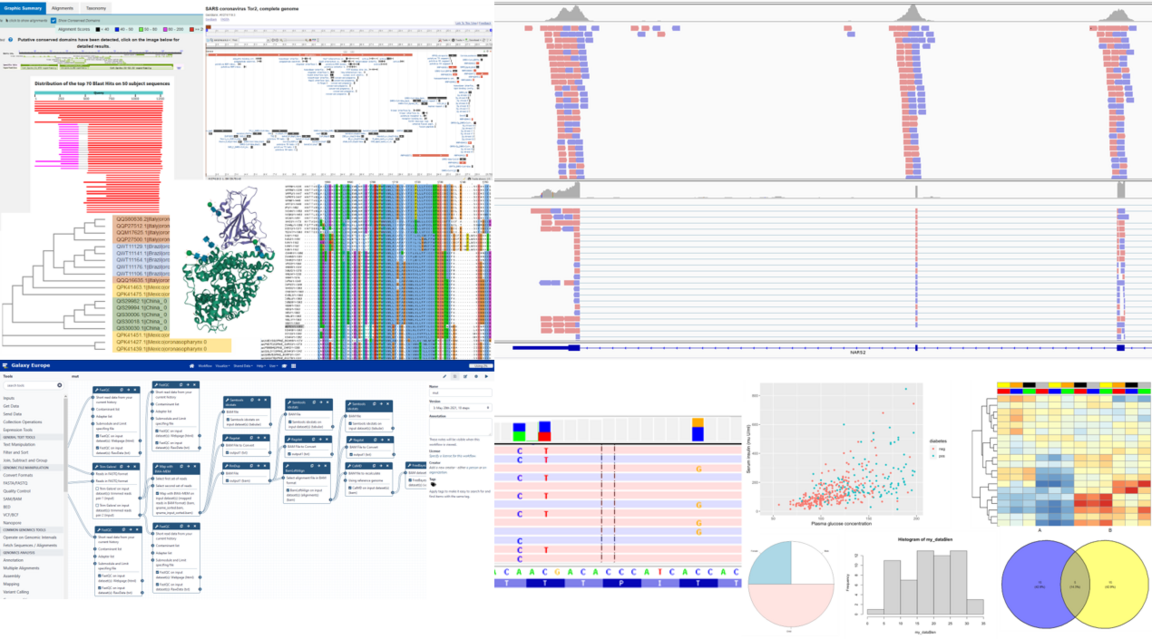Hands-on training and Master Course in Bioinformatics
We are keen on fostering a deep understanding of bioinformatics and statistical analysis. Therefore we are involved in arranging courses, workshops, and hands-on sessions.
If you are interested in our PhD courses go to the Courses for PhD students by Core Facilities
Hands-on
One-hour training sessions where we show you how to perform a specific analysis or method. We provide four hands-on sessions per year at 11:00.
This year we offer the sessions described below. Registration opens 3 weeks before each hands-on (link to the right).
Registration is open
Training Material
Master Course in Bioinformatics
Next Generation Sequencing Analysis with clinical applications, 7,5 credits (ECTS) - BMA231
The course includes a combination of lectures and practical sessions where participants will focus on the analysis and interpretation of clinical “Next Generation Sequencing” (NGS) data applying various bioinformatics webtools. The statistical tool R will be introduced to perform and visualize the results. The course covers essential concepts in molecular biology and genetics as well as the principles on “Next Generation Sequencing”-applications, with a focus on targeted resequencing and RNA-sequencing. Students will perform in depth analysis of “Next Generation Sequencing”-quality assessment and interpretation of mutation and gene expression analyses.
In collaboration with the Institute of Biomedicine.
